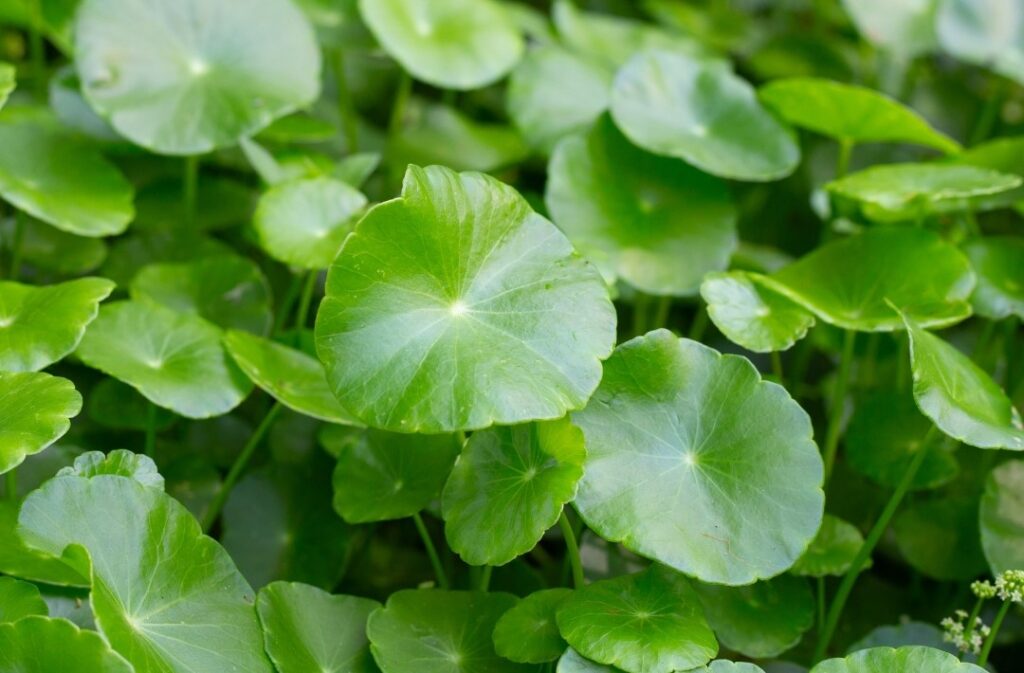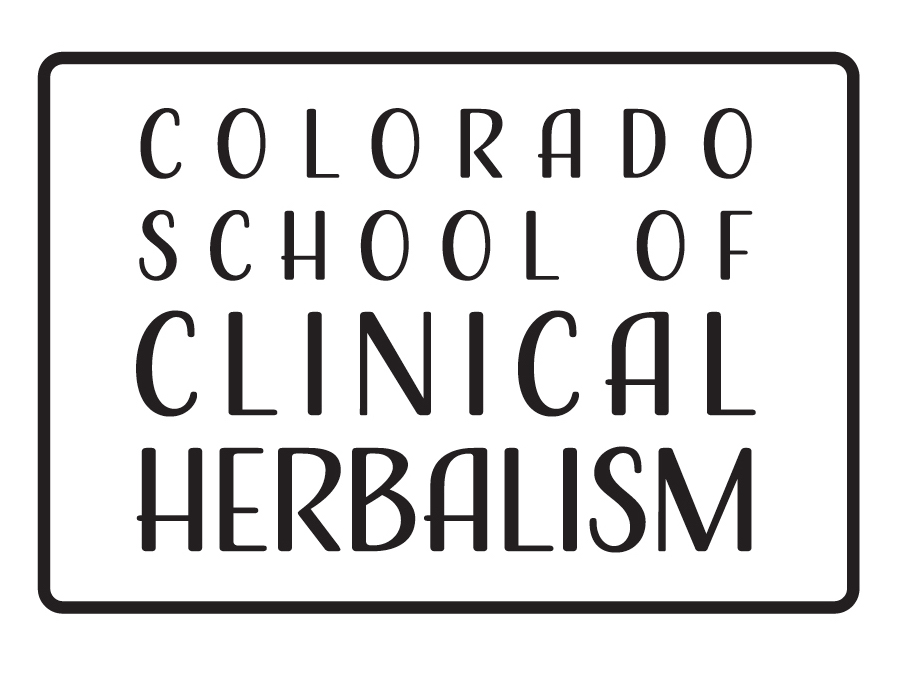
By: Meg Lennox
5 Herbs for Cognitive Health
*This article is not meant to provide medical advice, but rather mere recommendations for further study and curiosities. You should always be diligent in checking for potential risks and contraindications with medical conditions and medications.
Cognitive health is a broad topic that encompasses many facets of cognition including memory, focus, mood, intuition, judgment, and learning. It is often a key indicator of quality of life and when it comes to decreased function—it’s hard to miss.
More recently in the current state of the world—and more specifically, the impact of COVID-19—supporting cognitive health both physiologically and mentally has been at the forefront of our consciousness. Both the actual contraction of COVID-19 as well as its ripple effects across the globe have caused a decline in mental health, increased burnout, and higher incidences of brain fog. These conditions have all greatly affected our human experience which can make or break our moment-to-moment interactions with ourselves, others, and the world around us.
There are several basic, yet key practices that are vital to maintaining cognitive health which include:
• Proper sleep hygiene
• Eating a well-balanced, nutrient-rich diet
• Regular movement and exercise
• Challenging and exercising the brain
While these serve as the backbone to maintaining and improving brain health, herbal supplements can provide additional support and make a noticeable difference in cognitive function.
Primary Cognitive Herbal Actions
Understanding herbal actions is a way herbalists categorize herbs based on how they interact with the body. All herbs have several herbal actions, or in other words, fall into several categories. While many herbs across many categories can have a positive impact on the brain, three main categories are strongly connected to cognitive health. They include:
Adaptogens are herbs that help the body be more adaptable to stress. In addition to stress management, this group of herbs has been immensely studied through the lens of athletic performance. Many herbs in this category can increase stamina.
Nootropics is a common term used in the world of cognitive health and is used to describe both synthetic and natural medicines that increase cognitive ability. Herbs in this category are known to enhance memory and concentration.
Nervines are herbs that have an affinity for the nervous system. Many herbs in this category have a profound ability to calm the nerves, reduce anxiety, and activate the parasympathetic nervous system.
Herbs for Cognitive Support
This blog will by no means cover all of the herbs available for cognitive health, but it will provide a high-level overview of some of the top herbs that are known for their affinity for the brain based on traditional use as well as scientific studies in more recent history.
1: Gotu Kola
Gotu kola is a versatile herb frequently sought after for improving memory and cognitive function. Due to its anti-inflammatory nature, it has demonstrated its potential in aiding individuals recovering from traumatic brain injury (TBI) and delaying the effects of neurodegenerative disorders such as Alzheimer’s and dementia.
Furthermore, gotu kola is often used to alleviate symptoms of anxiety and irritability due to its affinity for the nervous system. In scientific studies it has been shown to lower cortisol and adrenaline levels, promoting a sense of relaxation and well-being. Historically, it has been used in Ayurveda to enhance meditation.
In addition to being an anti-inflammatory, it is also a nervine and circulatory stimulant. It contains high amounts of aluminum, calcium, fiber, fat, magnesium, manganese, niacin, riboflavin silicon, sodium, thiamine, vitamin A, and zinc.
2: Ginkgo
Ginkgo is an excellent herb for cognitive health. It is known to increase blood flow to the brain, improve cognitive performance, enhance memory and mental clarity, and support those with a short attention span.
More than 300 scientific studies have been conducted on the application of ginkgo extracts using alcohol and CO2 extraction methods. Many of these studies have found ginkgo can potentially delay the advancement of Alzheimer’s disease, Parkinson’s disease, and age-related dementia. It also has been supportive of those with a depression picture
Ginkgo is an antiinflammatory, neuroprotectant, and circulatory stimulant with high amounts of calcium, chromium, niacin, phosphorus, and selenium. It is also a potent antioxidant and highly beneficial for reducing free radicals in the body.
3: Schisandra
Schisandra has been used for over 5,000 years and is an excellent herb for focus, mental clarity, and stress management. It is a go-to for those seeking to enhance work performance and increase physical stamina due to its stimulating effects. It can improve motor coordination, mental sharpness, and reflexes. It has also been used to support irritability, anxiety, depression
This herb can be great for those who are either looking for similar effects to coffee or looking to reduce their caffeine intake as it has similar qualities without causing an unnecessary excitatory response or depleting energy stores. That being said, some people experience this herb as stimulating, some calming, and some a combination of the two.
Schisandra is an adaptogen and contains flavonoids, anthocyanins, vitamins A, C, and E, as well as high levels of chromium, cobalt, magnesium, and phosphorus. Due to its anti-inflammatory properties, it could be supportive to those who have Alzheimer’s.
4: Rosemary
Rosemary is an excellent choice for someone who is experiencing brain fog and its known use dates back to ancient Greece to improve memory and concentration. Rosemary is a circulatory stimulant and increases blood flow to the brain. This herbal action increases the intake of oxygen in the brain allowing for more mental clarity.
Rosemary has similar stimulating properties as schisandra making it another great choice for those who are either looking to reduce their caffeine intake or interested in similar effects. It can also relieve depression symptoms especially when combined with other herbs indicated for depression including but not limited to damiana, tulsi, and mimosa.
Rosemary contains vitamin C, beta-carotene, calcium, magnesium, phosphorus, potassium, iron and zinc. With its antioxidant, anti-inflammatory, and circulatory qualities, it has been supportive in cases of various cognitive disorders including ADHD, Alzheimer’s, and dementia. It has also been used to prevent atherosclerosis which can reduce blood flow to the brain.
5: Lion’s Mane
Lion’s Mane falls into the categories of nootropic, adaptogen, and nervine and has been used to improve cognitive function, memory, concentration, depression, and anxiety. It is known for both its neuroprotective and neuroregenerative qualities due to two primary constituents, hericenones and erinacines. Both of these constituents are found in the fruiting body and erinacines also the mycelium of the mushroom.
Neuroprotection is the ability to prevent brain cells from dying by blocking the harmful processes that cause this to happen. Neuroregeneration is the regrowth and restoration of nervous system tissue which is accomplished through the regeneration of new neurons, axons, synapses, and glial cells. Therefore, lion’s mane has the potential to prevent damage to the nervous system as well as support in enhancing nerve growth.
These mechanisms of action may benefit those who are experiencing cognitive decline or those who have suffered from an injury such as a traumatic brain injury (TBI).
Next Steps for Elevating Your Mind
Hopefully, this overview of some of the most common and well-researched herbs for cognitive health will be beneficial additions to your overall health picture.
References:
Sinadinos, C. (2020). The Essential Guide to Western Botanical Medicine. Christa Sinadinos.
Winston, D., RH (AHG), & Maimes, S. (2019). Adaptogens: Herbs for Strength, Stamina, and Stress Relief (2nd ed.). Healing Arts Press.
Lai, P. L., Naidu M, Sabaratnam, V., Wong, K. H., David, R. P., Kuppusamy U. R., Abdullah, N., Malek, S. N. Neurotrophic properties of the Lion’s mane medicinal mushroom, Hericium erinaceus (Higher Basidiomycetes) from Malaysia. Int. J. Med. Mushrooms. 2013;15(6):539-54. doi: 10.1615/intjmedmushr.v15.i6.30
Zhang, C. C., Cao, C. Y., Kubo, M., Harada, K., Yan, X. T., Fukuyama, Y., & Gao, J. M. (2017). Chemical Constituents from Hericium erinaceus Promote Neuronal Survival and Potentiate Neurite Outgrowth via the TrkA/Erk1/2 Pathway. Int J Mol Sci., 18(8). https://doi.org/10.3390/ijms18081659
